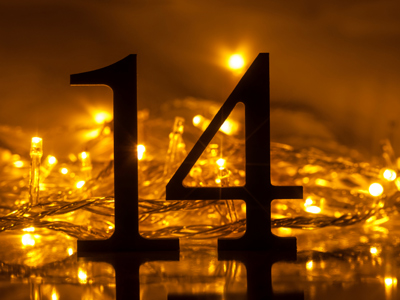
Ask the AI Tutor
Need help with Level 5-6 Algebra - Prime Numbers? Ask our AI Tutor!
AI Tutor - Lucy
Connecting with Tutor...
Please wait while we establish connection

Is 14 a prime number?
Level 5-6 Algebra - Prime Numbers
Discover how prime numbers form the building blocks of all whole numbers. Learn to spot them, test them, and understand why they matter in KS3 Maths.
1 .
Which of these is not a prime number?
13
15
17
19
15 can be divided by 3 and 5 as well as 1 and 15
2 .
The word 'prime' is an abbreviation for what?
Primary
Primative
Priority
It is not an abbreviation
Prime is a word in its own right
3 .
Is the number 1 a prime number?
Yes, because it is a positive whole number
No
Sometimes
Yes, because it is only divisible by itself and 1
The number 1 has only one factor - itself. Remember the rule, a prime number has TWO factors itself AND 1
4 .
Is there an easy way to work out which numbers are prime?
Yes
No
Sometimes
Only if you are a genius
Unfortunately you have to either learn the numbers or work them out
5 .
Which of these numbers is a prime number?
4
7
9
12
All the incorrect answers have three or more factors
6 .
What is the next prime number after 97?
98
99
100
101
1 and 101 are the only factors of 101 and therefore it is a prime number
7 .
Is the number 14 a prime number?
Yes
No
Yes, because it is divisible by 2
It depends which way you look at it
There are four factors of 14 - the numbers 1, 2, 7 and 14. Because there are more than two factors, it cannot be a prime number
8 .
Which of these is a prime number?
33
35
37
39
35 appears in the 5 and the 7 times tables, 33 is in the 3 and 11 times tables and 39 (which may have tricked you) is divisible by 13 and 3
9 .
The number 24 has eight factors. Seven of the factors are 1, 2, 3, 4, 6, 12 and 24. What is the missing factor?
5
8
10
14
All the numbers given (along with the correct answer, 8) can be divided into 24 with the result that the answer is a whole number
10 .
What is the next prime number after 43?
44
45
46
47
You'd do well to memorise the first 30 or so prime numbers
**Unlimited Quizzes Await You! 🚀**
Hey there, quiz champ! 🌟 You've already tackled today's free questions.
Ready for more?
Ready for more?
🔓 Unlock UNLIMITED Quizzes and challenge yourself every day. But that's
not all...
not all...
🔥 As a Subscriber you can join our thrilling "Daily Streak" against other
quizzers. Try to win a coveted spot on our Hall of Fame Page.
quizzers. Try to win a coveted spot on our Hall of Fame Page.
Don't miss out! Join us now and keep the fun rolling. 🎉
**Unlimited Quizzes Await You! 🚀**
Hey there, quiz champ! 🌟 You've already tackled today's free questions. Ready for more?
🔓 Unlock UNLIMITED Quizzes and challenge yourself every day. But that's not all...
🔥 As a Subscriber you can join our thrilling "Daily Streak" against other quizzers. Try to win a coveted spot on our Hall of Fame Page.
Don't miss out! Join us now and keep the fun rolling. 🎉






